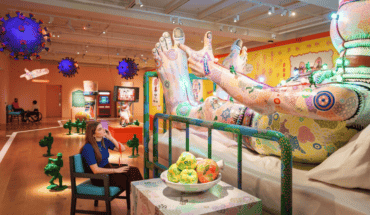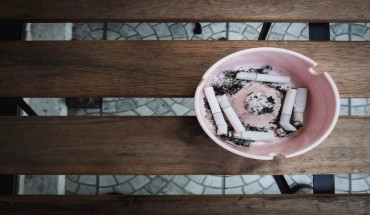It’s that time of year when schools the length and breadth of the country get ready to enjoy Sports Day. It’s a great day for the teachers organising it, the kids taking part and the parents proudly watching on – but with so much going on in a highly competitive environment, accidents do often occur. Here are our top tips for a truly enjoyable sports day.
Weather:
Summer days in England are totally unpredictable. Your child’s Sports Day could be a chilly, rainy affair – or it could be scorching. There’s really no way of knowing, so it’s best to be prepared for all eventualities.
Make sure they have a jumper/fleece/tracksuit top of some kind, in case it gets chilly.
As their skin is so delicate, the sun’s UV rays can very quickly damage children’s skin, even on a cloudy day. Sunburn can happen in less than 15 minutes of being out in the sunshine, however the redness and discomfort may not become apparent until a few hours after that – so don’t use the colour of their skin to judge if they’re burning or not. Sunburn can lead to serious problems in later life, so always aim to avoid it in the first place.
Sunburn:
Before they set off for school, liberally apply a high SPF sunscreen that has a minimum of 4 stars for UVA protection all over their face and body. It needs to be applied at least half an hour before they go out in the sun and make sure their shoulders, the back of their neck, the tops of their ears, nose, cheeks and the tops of their feet are covered.
Ensure they wear a hat, ideally with an SPF factor, wide brim and ear/neck cover.
Dehydration:
As the day goes on and the children participate in more and more races, they will begin to get dehydrated – especially if it’s a warm day. Encourage your child to have regular drinks and to sit in the shade, where possible.
Ask teachers to let the take plenty of breaks in the shade and if possible arrange quieter activities between running around, to avoid heat exhaustion. Offer drinks regularly and check that they are drinking them.
Heat exhaustion:
Heat exhaustion can come on suddenly and unexpectedly, particularly when children are out the sunshine, not drinking as much as they need and racing around. They may start feeling sick, dizzy, headachy, develop a stomach ache and raised temperature. Take them out of the sun, into the shade or an air-conditioned environment and help them rehydrate. Frequent sips of Dioralyte are ideal, or an isotonic sports drink or water. If they don’t recover extremely quickly and you are concerned, seek medical attention.
Injuries:
There can often be a lot of waiting around between races/activities. The children should all start with a proper warm up, but also encourage them to stretch whilst they are waiting, to avoid any injuries. Sports Day is often the most physically competitive day of the school calendar and kids often feel they have a lot to prove. As such, they will really push themselves, which may not be great for their joints and muscles! If it looks like they might have a sprain or strain, make sure they seek help from the first-aiders and don’t let them try to continue competing. They should rest, apply a wrapped ice pack and have the injury assessed properly.
But it’s not just the kids who push themselves on Sports Day. Amazingly, it’s now the mums and dad’s races that seem to have the most riding on them. Parents come dressed in their best sports clothes, ready to take 1st place in the last races of the day. But this competitive spirit can have its downside too. In most workplaces, at least someone will come in on crutches after their child’s Sports Day, having taken things just a bit too far!
So – this Sports Day, take it easy, stay safe … but most of all have fun.
First Aid for Life provides this information for guidance and it is not in any way a substitute for medical advice. First Aid for Life is not responsible or liable for any diagnosis made, or actions taken based on this information. It is strongly advised that you attend a First Aid course to understand what to do in a medical emergency.
- What is a seizure? - 13th March 2025
- Febrile Convulsions and Seizures in Children - 13th March 2025
- Why women are less likely to receive CPR or survive cardiac arrest - 6th March 2025






